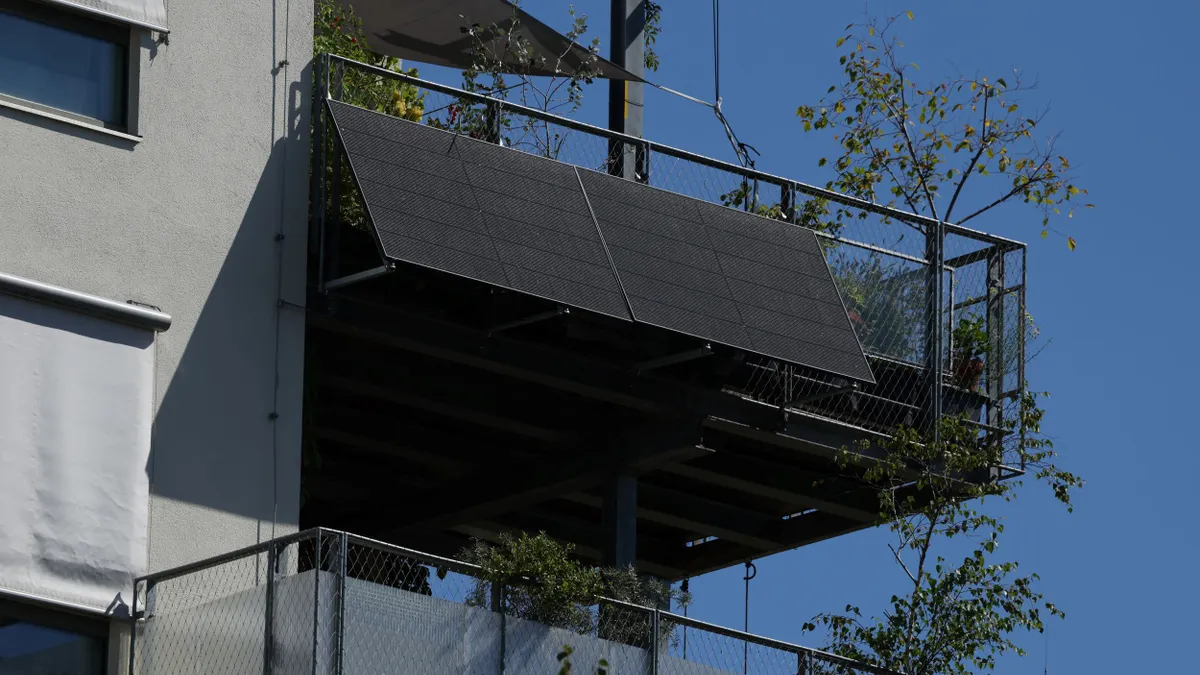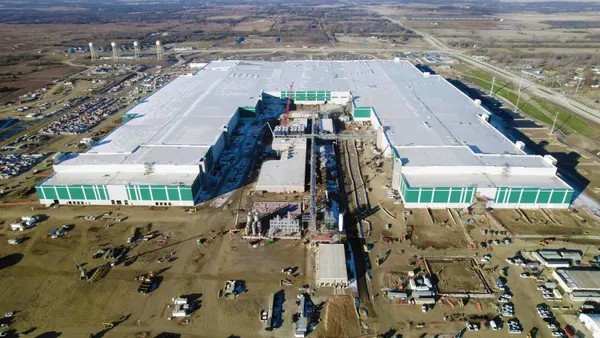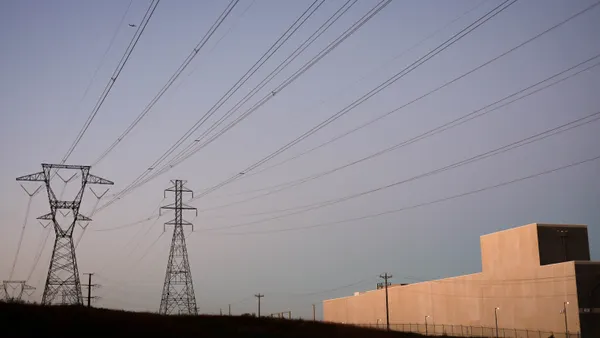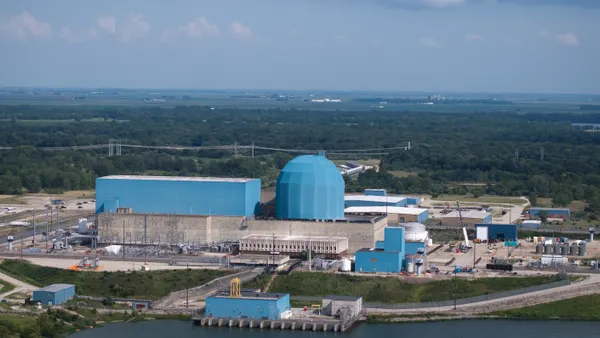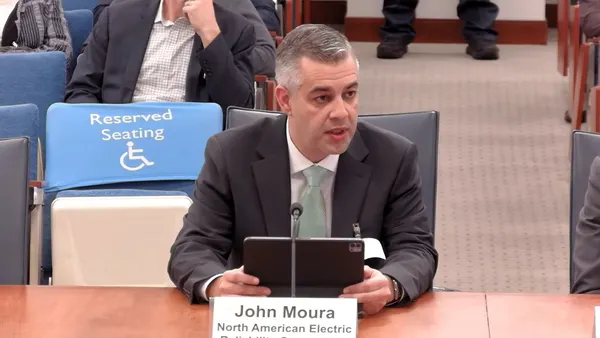Coalitions of large energy users and environmental groups on Monday urged federal regulators to reject the Midcontinent Independent System Operator’s proposal for paying for a coal-fired power plant that the U.S. Department of Energy ordered to run past its retirement date.
The issue centers on the 1,560-MW, coal-fired J.H. Campbell plant in West Olive, Michigan.
In late May, DOE said MISO faces an “energy emergency” and ordered the owners of the power plant to run it past a planned May 31 shutdown. DOE issued a second 90-day emergency order for the power plant that keeps it online until Nov. 19, with additional extensions possible.
Under the Federal Power Act, DOE can order power plants to operate for 90 days during emergencies. Michigan’s attorney general and a coalition of groups, led by the Sierra Club and Earthjustice, have challenged the DOE order in court, saying there isn’t an emergency in the Midcontinent grid operator’s footprint.
In August, the Federal Energy Regulatory Commission approved MISO’s preliminary outline for the Campbell power plant’s owners — Consumers Energy, Wolverine Power Supply Cooperative and the Michigan Public Power Agency — to recover their costs to comply with DOE’s orders.
Now, FERC is weighing the plan itself. The power plant’s owners haven’t asked to recover costs yet.
However, MISO’s cost recovery plan fails to meet the ratemaking principle that parties pay for the costs that they cause, according to filings at FERC.
FERC directed MISO to allocate the power plant’s costs across its central and northern zones on a demand basis, but the grid operator proposed recouping them on an energy basis, according to a coalition that is comprised of the Coalition of MISO Transmission Customers, the Association of Businesses Advocating Tariff Equity, the Midwest Large Energy Consumers and the Illinois Industrial Energy Consumers.
“Given that the Campbell units are being retained for capacity and resource adequacy purposes under the DOE Order, using an energy based load ratio share instead of a demand based load share deviates from cost causation principles and therefore, is unjust and unreasonable,” the groups said.
They pointed out that FERC has already approved a demand-based cost allocation method for a different plant — Constellation Energy’s Eddystone units in Pennsylvania, which also faces DOE emergency orders.
A coalition of environmental groups, meanwhile, filed a separate, more expansive challenge to MISO’s cost allocation plan.
The plan recovers costs from utilities across MISO’s northern and central zones — as FERC said it could do — the Environmental Law & Policy Center, Sierra Club, Natural Resources Defense Council and Sustainable FERC Project said.
The DOE order and FERC’s approval of MISO’s cost recovery methodology failed to identify any evidence that utilities or ratepayers in MISO zones 1 through 7 will benefit from Campbell’s continued operation, according to the groups.
“Instead, the commission order relied wholly on the DOE’s unlawful emergency declaration both to determine the scope of cost allocation and as the sole basis for the conclusion that an emergency exists in Zones 1-7,” they said.
Also, MISO’s compliance filing goes beyond FERC’s order by establishing a permanent cost allocation provision that will apply to any future DOE orders affecting the Campbell facility, the groups said.
“While the commission order contemplates extensions of [the] DOE order, it did not give blanket approval to an allocation method where the scope of the … emergency and resulting beneficiaries no longer align with that allocation,” the groups said.
American Municipal Power, a wholesale power provider for public power utilities, asked FERC to clarify that its share of a power plant in MISO that is pseudo-tied — or linked to a grid operator outside the area where the power plant is located — into the PJM Interconnection won't be assessed charges related to the Campbell power plant.





